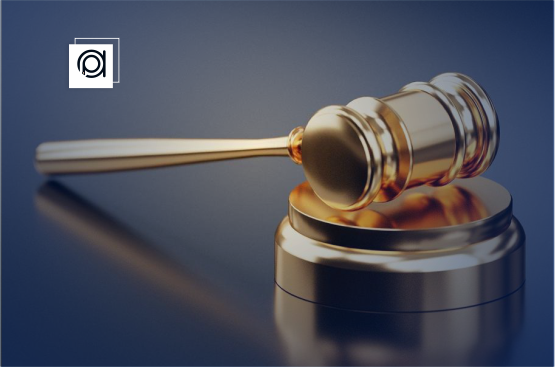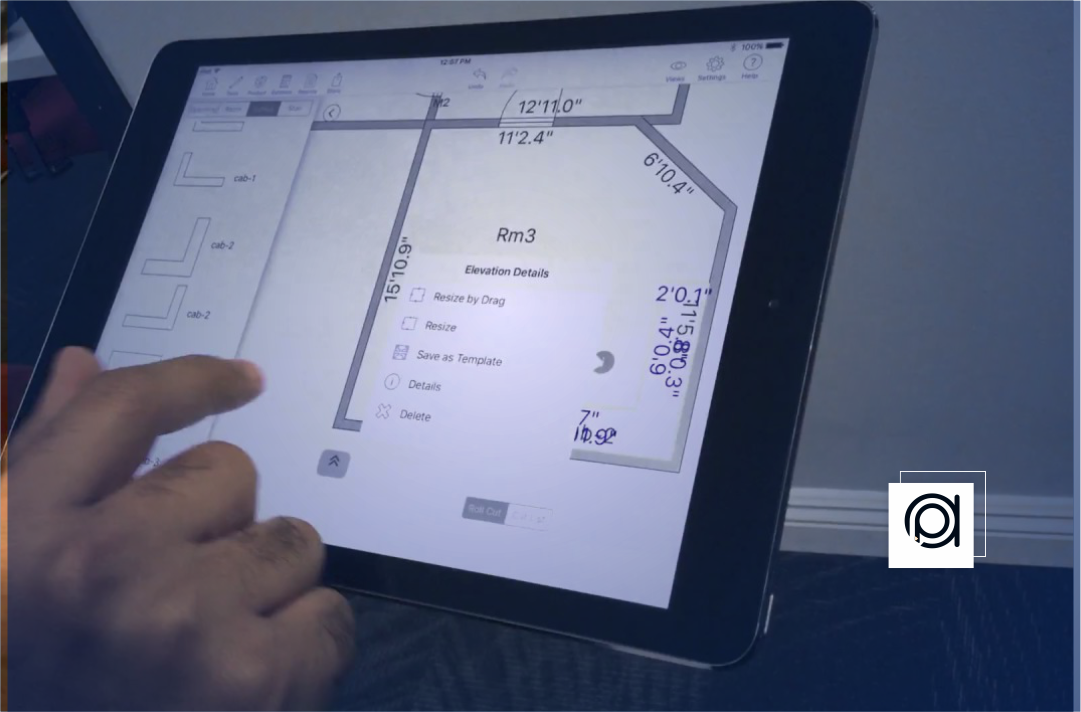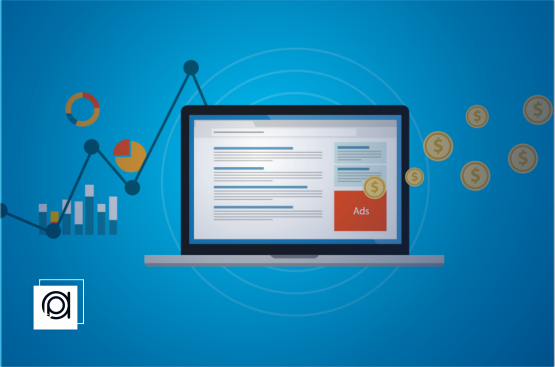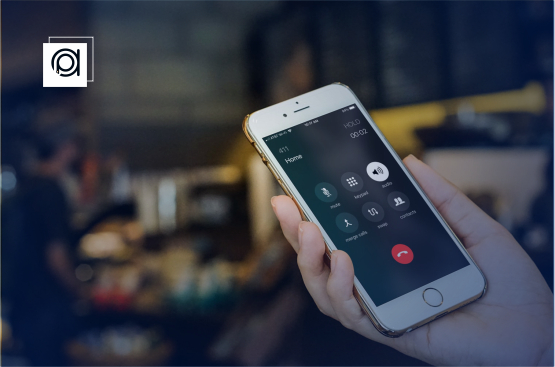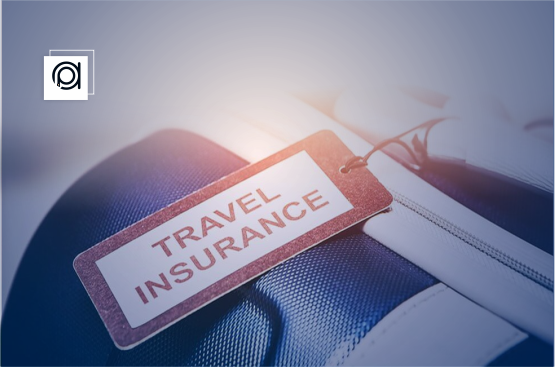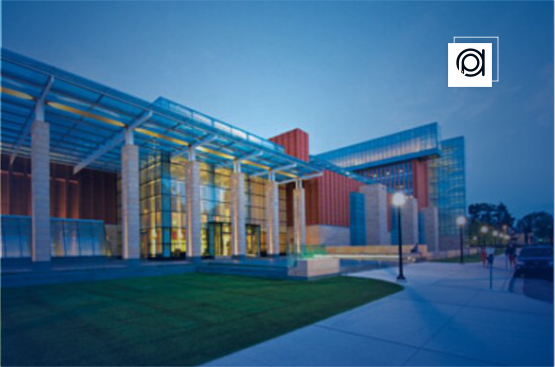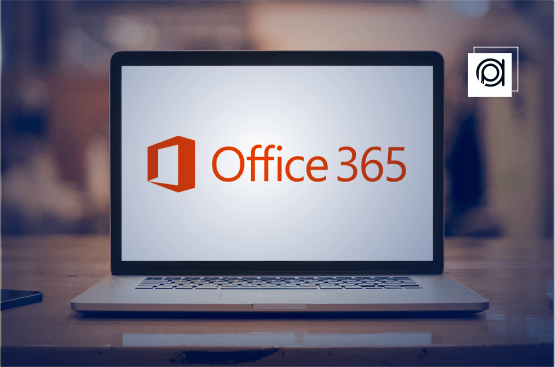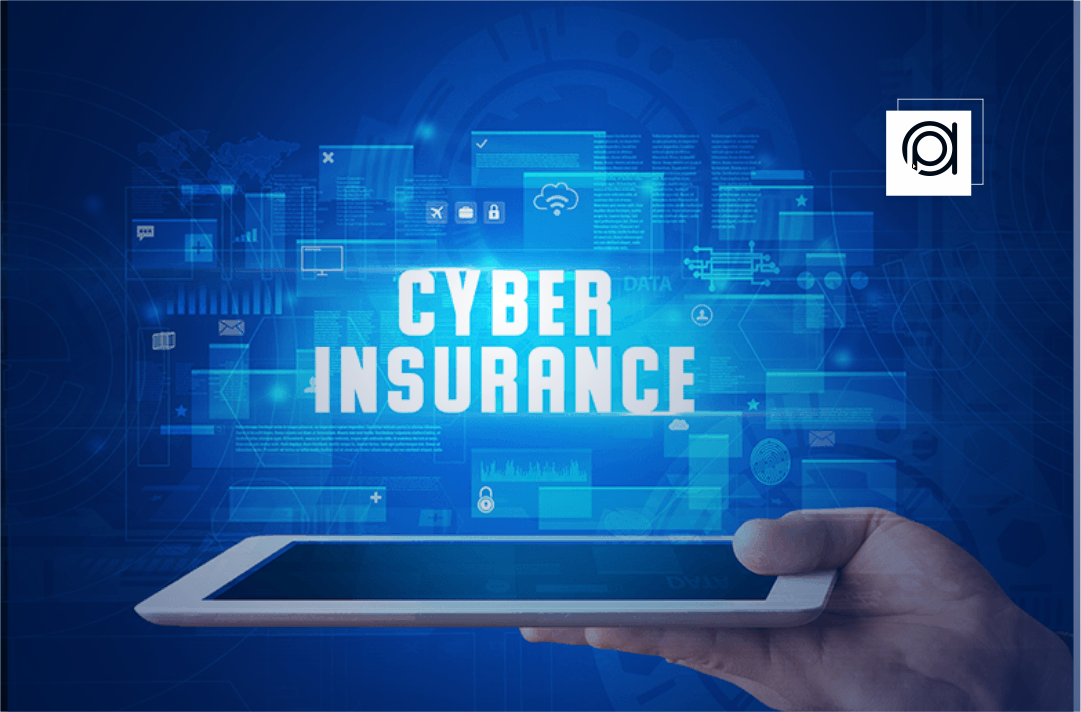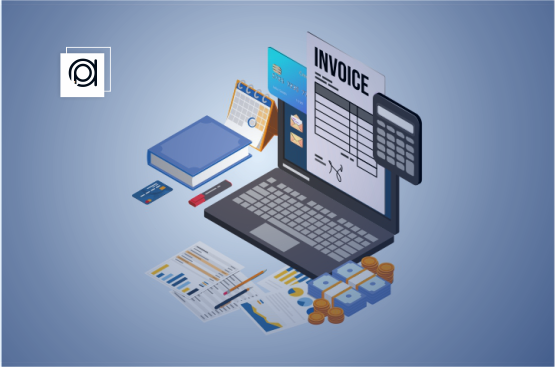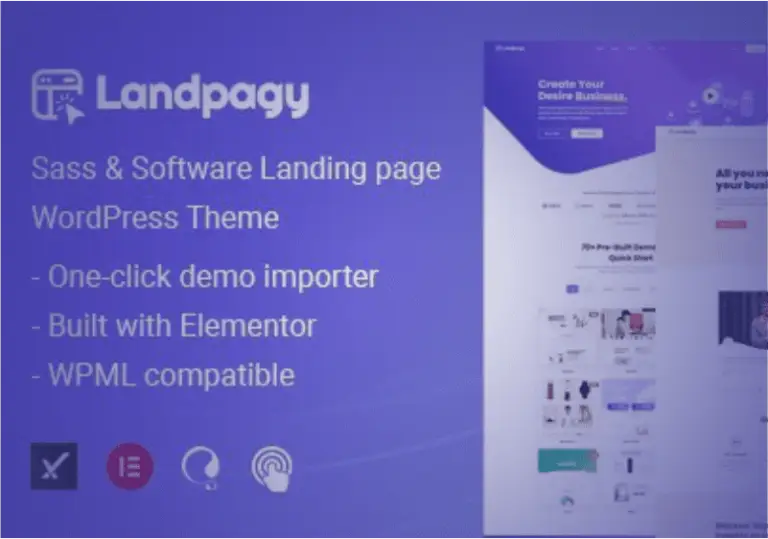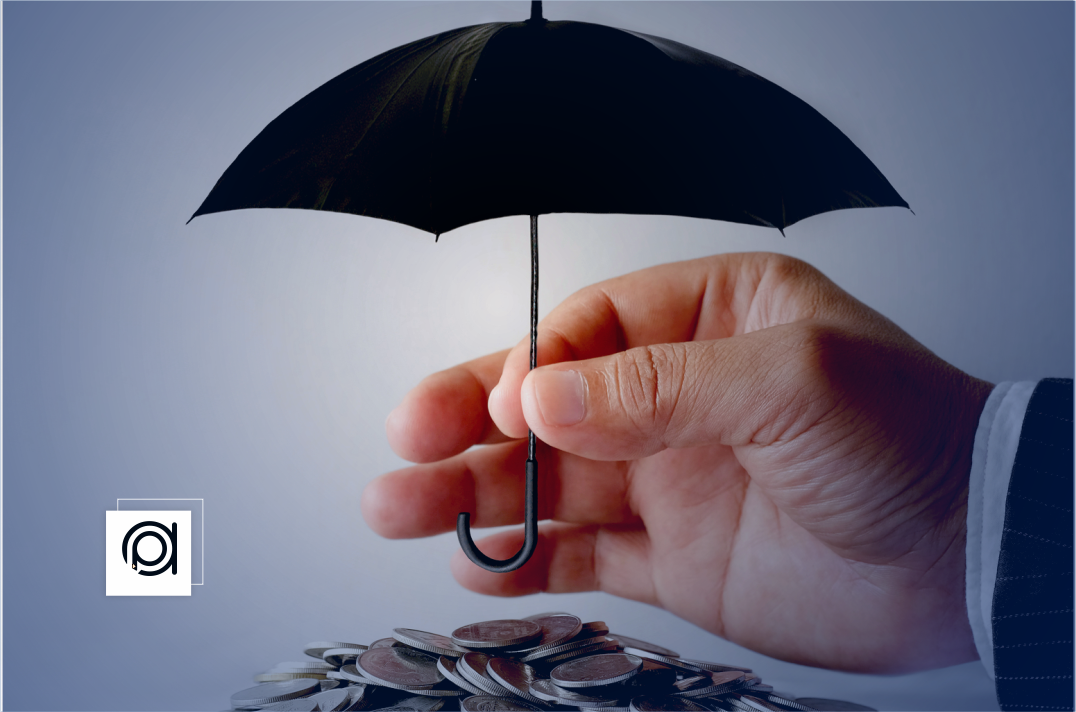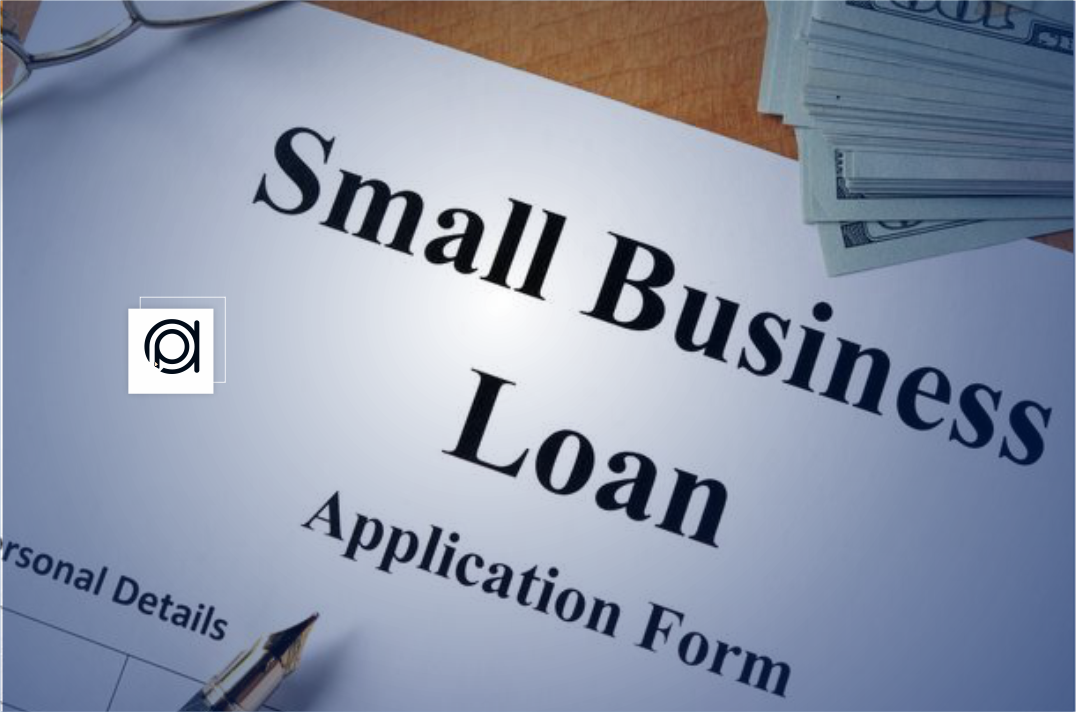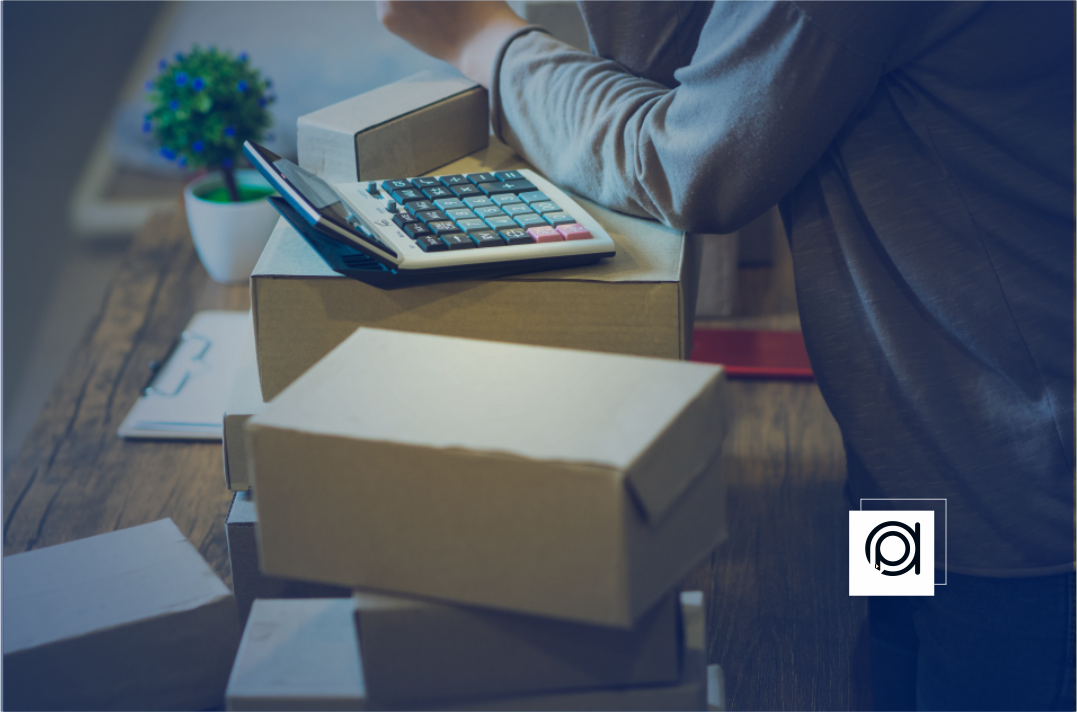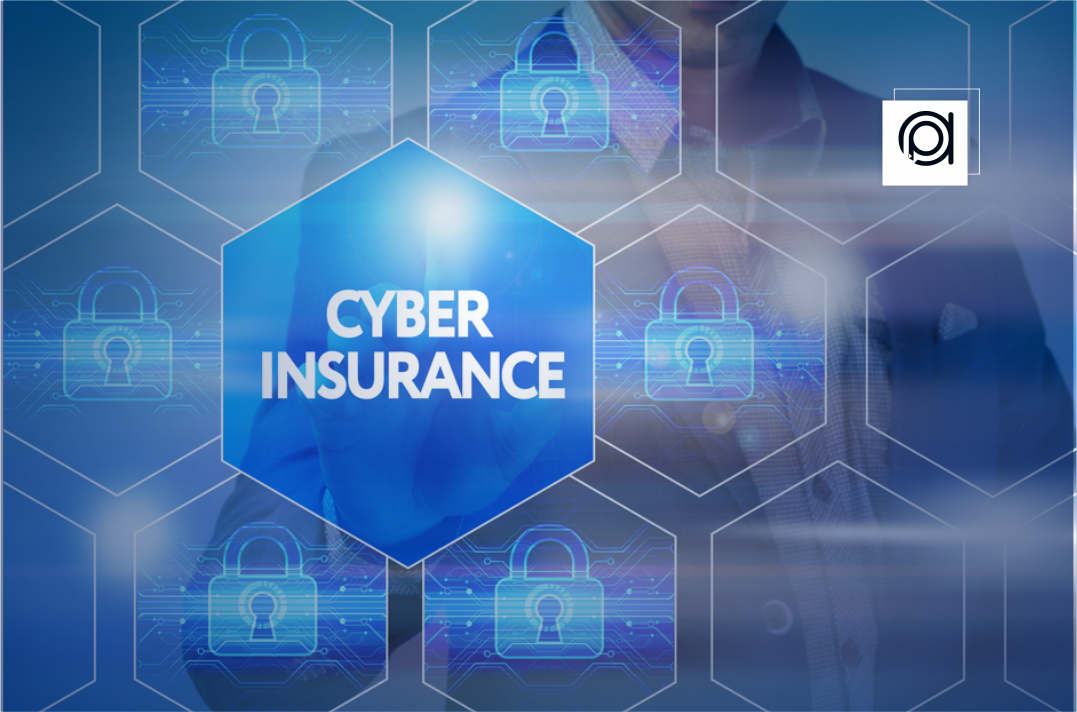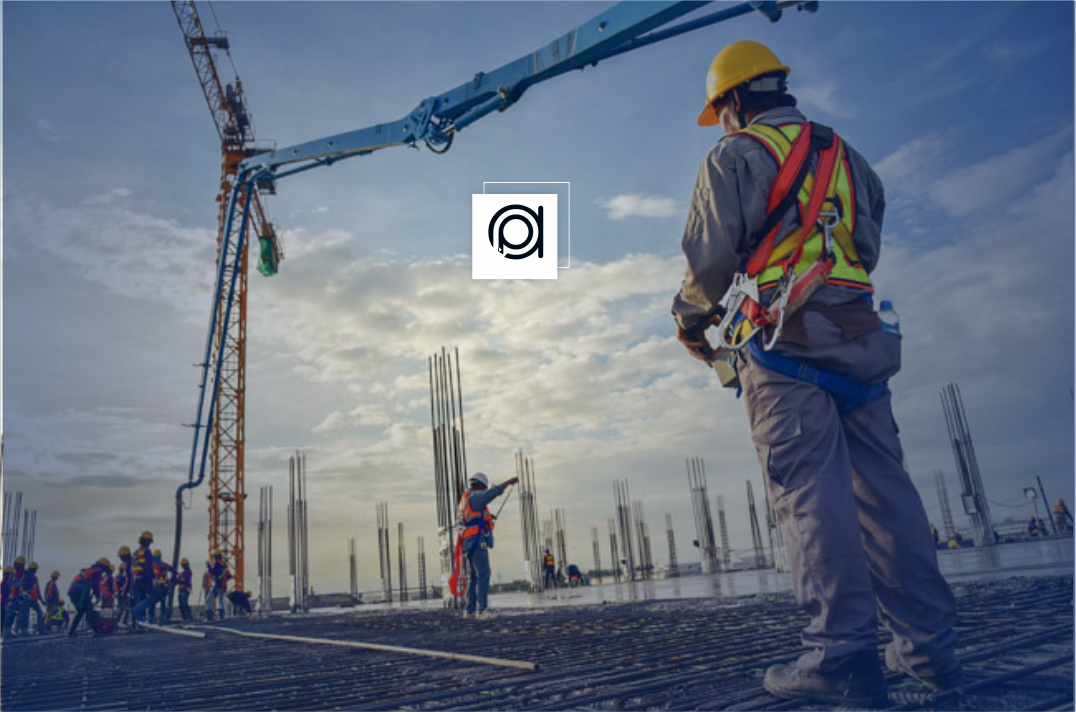Know About Commercial Property Insurance
Risk management is critical in the corporate sector. Getting enough insurance coverage is important, especially for your commercial property, when it comes to protecting your company’s assets. Your company’s buildings, tools, stock, and other tangible assets are shielded against a variety of risks by commercial property insurance.
Knowing commercial property insurance is crucial for maintaining the continuity and profitability of your business, regardless of the size of your office space, manufacturing plant, or small retail store. A broad variety of risks are covered by commercial property insurance, such as theft, fire, vandalism, and natural catastrophes (including hurricanes, floods, and earthquakes) as well as any unanticipated occurrences that might physically harm the insured property.
By providing money for repairs, the replacement of damaged property, and payment for ongoing expenditures and lost revenue experienced throughout the recovery period, the insurance aids businesses in their recovery from such losses.
What is Commercial Property Insurance ?
Commercial Property Insurance is a form of insurance coverage that protects businesses from financial losses caused by damage or loss of their physical assets. These assets often comprise the company’s buildings, equipment, inventory, furnishings, and other property.
Commercial property insurance protects a business’s buildings, contents, and assets from damage or loss caused by insured dangers. These risks often include fire, theft, vandalism, natural catastrophes (such as earthquakes and floods), and other unanticipated events that may cause physical harm to your property.

Types of Commercial Property Insurance
These are some of the most typical commercial property insurance policies accessible to businesses. Depending on the nature of the business, its location, and unique risk exposures, a mix of these coverage options may be required to appropriately safeguard commercial property and assets. It is critical for companies to consult with competent insurance specialists to effectively analyze their insurance needs and pick the best coverage alternatives for their specific requirements.
Replacement Cost Coverage
Replacement cost coverage is a form of insurance policy that reimburses the insured for the cost of replacing or repairing damaged property, excluding depreciation. Unlike actual cash value (ACV) coverage, which takes depreciation into account when establishing the worth of the property, replacement cost coverage guarantees that the insured may replace lost or damaged items with new equivalents at current market rates.
With this kind of coverage, depreciation is not taken into account when paying the insured for the cost of replacing or repairing damaged goods. Businesses may swiftly recover from a covered loss when they have replacement cost coverage, which guarantees that the insured can replace damaged or lost goods with new counterparts.
Actual Cash Value (ACV) Coverage
A kind of insurance policy known as Actual Cash Value (ACV) coverage pays the insured the actual market value of lost or damaged goods, depreciation included. ACV coverage takes into account the age, condition, and depreciated worth of the property at the time of the loss, in contrast to replacement cost coverage, which pays for replacing damaged or lost goods with new equivalents.
ACV coverage pays the insured, depreciation included, the current market value of the lost or damaged property. ACV coverage, in contrast to replacement cost coverage, takes into account the property’s diminished value at the time of the loss. ACV coverage could lead to cheaper rates, but it might also pay less for replacement property.
Business Interruption Insurance
Known by the name business income insurance or business interruption insurance, this kind of coverage guards against monetary losses that may arise from a temporary cessation of activities brought on by a covered hazard. Business interruption insurance covers lost revenue and continuing costs during a business interruption, in addition to the physical damage that property insurance often covers to buildings, machinery, and inventory.
Even though it’s not technically a type of property insurance, business interruption insurance is frequently covered by commercial property insurance policies. If the insured business is rendered incapable of operating as a result of a covered risk, such as a fire, natural catastrophe, or other insured occurrence, it offers compensation for lost income and continuing expenditures.
Extra Expense Coverage
In order to lessen the effects of a covered hazard and speed up the return to regular operations, a firm may get extra expenditure coverage, which reimburses for supplemental costs incurred. Extra expenditure coverage in particular covers the costs related to minimizing the impact of the disruption and promptly resuming business operations, whereas business interruption insurance covers lost revenue and continuing expenses during a time of business interruption.
Expenses incurred to prevent business disruption or continue operations after a covered loss are reimbursed to the insured under extra expenditure coverage. Costs for equipment rentals, manufacturing outsourcing, short-term relocation, and quick replacement inventory delivery are a few examples of these.
Boiler and Machinery Insurance
Equipment breakdown insurance, sometimes referred to as boiler and machinery insurance, is a specific kind of coverage meant to shield companies from monetary losses brought on by the unplanned and unexpected breakdown of machinery and equipment. Boiler and machinery insurance particularly covers the risks associated with equipment failures, malfunctions, and breakdowns, whereas property insurance generally covers damage caused by external threats like fire, theft, and natural disasters.
This kind of coverage, sometimes referred to as equipment breakdown insurance, guards against financial losses brought on by the unplanned and unexpected failure of machinery and equipment, including boilers, HVAC systems, electrical systems, and manufacturing machines. The costs of repair or replacement, as well as business interruption losses brought on by equipment failures, are covered by boiler and machinery insurance.
Importance of Commercial Property Insurance
Insurance for commercial property is essential for protecting companies from monetary damages brought on by the destruction or loss of their tangible assets. The following are some major factors emphasizing the value of business property insurance:
Financial Stability
For businesses, property damage or loss can have serious financial repercussions, such as continuing expenditures, lost revenue during periods of disruption, and repair or replacement costs. By compensating the insured for damages that are covered, commercial property insurance offers financial security and supports companies in keeping their operations stable.
Legal and Contractual Requirements
Commercial Property Insurance is frequently required in order to lease a property, get finance, or adhere to industry norms. These requirements might come from lenders, landlords, or regulatory bodies. Commercial property insurance is necessary for compliance and risk reduction since failing to maintain sufficient insurance coverage may result in fines, penalties, and contractual or legal consequences.
Business Continuity
Business operations can be disrupted by property damage or loss, which can result in short-term closures, clientele loss, and reputational harm. In order to help businesses minimize the effects of these disruptions, commercial property insurance and business interruption coverage work together to provide funds for repairs, replacement of damaged property, reimbursement for lost income, and ongoing expenses during the recovery period. This allows businesses to maintain operations.
Protection Against Liability
Liability claims resulting from events involving property, such as slip-and-fall occurrences, property damage to third parties, or accusations of carelessness, may also be covered by commercial property insurance. Liability insurance lowers the risk of monetary losses and brand harm by shielding companies from court costs, settlement costs, and legal fees related to such claims.
Conclusion
Businesses need commercial property insurance to protect themselves financially from the unforeseen hazards of loss and damage to their property. Businesses may safeguard their assets, guarantee company continuity, and lessen the financial and reputational effects of unplanned calamities by obtaining sufficient insurance coverage.
Business owners may safeguard their assets and guarantee the resiliency and continuation of their operations by making educated decisions by being aware of the essential elements, coverage alternatives, and factors associated with commercial property insurance. Securing the long-term survival and prosperity of your organization requires investing in appropriate insurance coverage and risk management techniques.



